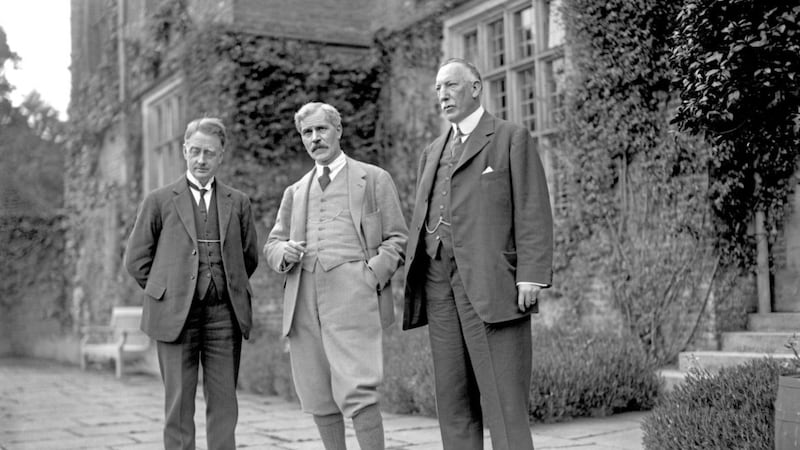In any walk of life, it is standard practice that potential conflicts of interest are declared to ensure a decision-making process is above board and free from any perception of bias.
This approach is especially important when it comes to public office and the delivery of services on behalf of the public, which needs to be scrupulously free from any hint of favouritism.
It is appropriate we hold public representatives to high standards in this respect and have codes of conduct in place to ensure these safeguards are upheld.
When it comes to issues such as planning, which can often be a contentious area, it is essential that standards are observed to the letter so there can be no possible suggestion of unfairness.
The public must have confidence that everything to do with planning is absolutely open and correct.
These matters are in particular focus this week following the revelation by the BBC that DUP councillor Luke Poots, chair of Lisburn and Castlereagh City council's planning committee, is to be investigated by the standards watchdog over an alleged conflict of interest.
This comes after the Green Party referred a complaint it had received to the Local Government Ethical Standards Directorate at the Ombudsman's office.
The watchdog will examine if the code of conduct has been breached after it emerged that Mr Poots was in the chair when lobbied by his father Edwin Poots, an MLA and former DUP minister, over planning applications.
Luke Poots, who has denied any conflict of interest and insisted he has always followed the council's legal advice, will no longer take part in decisions of the committee if his father is making representations.
This is the correct step and is the best way to ensure there is no perception of a conflict of interest in planning decisions.
Clearly, the DUP will want to provide the fullest support to the standards watchdog as it performs its scrutiny role on behalf of the public.







